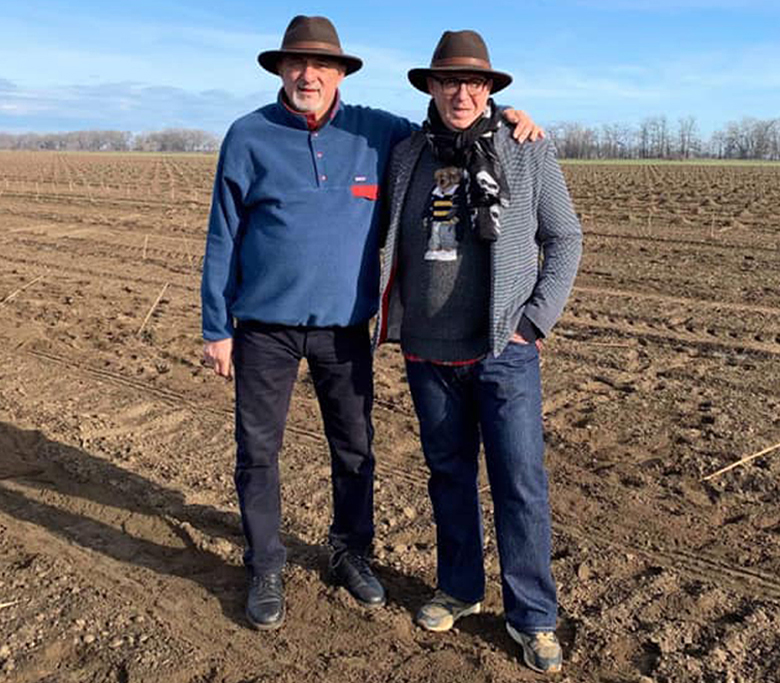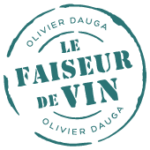Our values
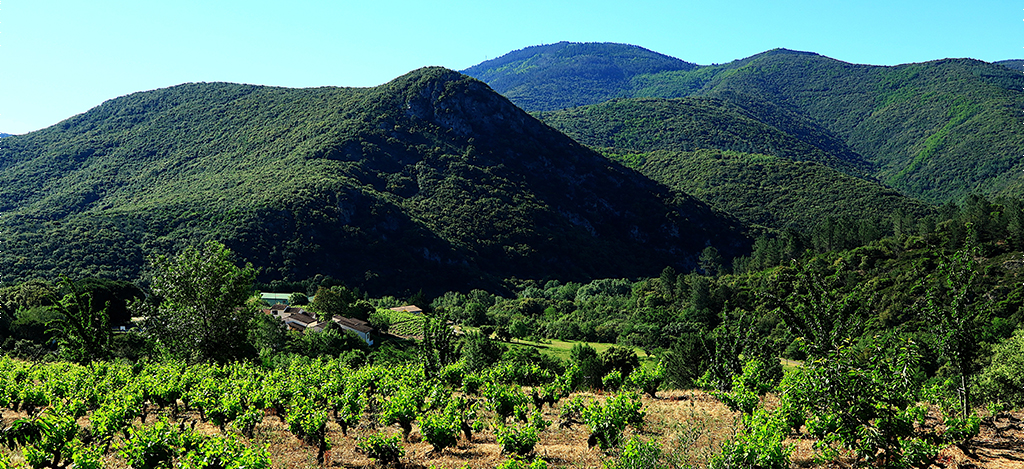
Protecting people, the environment and all forms of wildlife and flora
All aspects of our environment must be taken into consideration. By reducing pesticides, we bring life back into the vineyards and make people realize that wildlife and flora can also participate in the production of a wine and are essential to preserving our environment.
Sustainable winegrowing
Issues relating to the respect of the environment have become central to society; these issues also impact the world of wine, which depends on natural resources (climate, water, soil, solar energy, etc.)
While winegrowing may not actually be being blamed for certain environmental problems, as are other agricultural activities such as cattle or poultry production, winegrowers cannot escape a reassessment of their production methods.
Treatments to protect crops have contributed to the pollution of rivers and underground water reserves. Such methods also have a negative impact on soil fertility. Restrictions on grape varieties, and a mono-cultural approach have a negative impact onto biodiversity and landscapes.
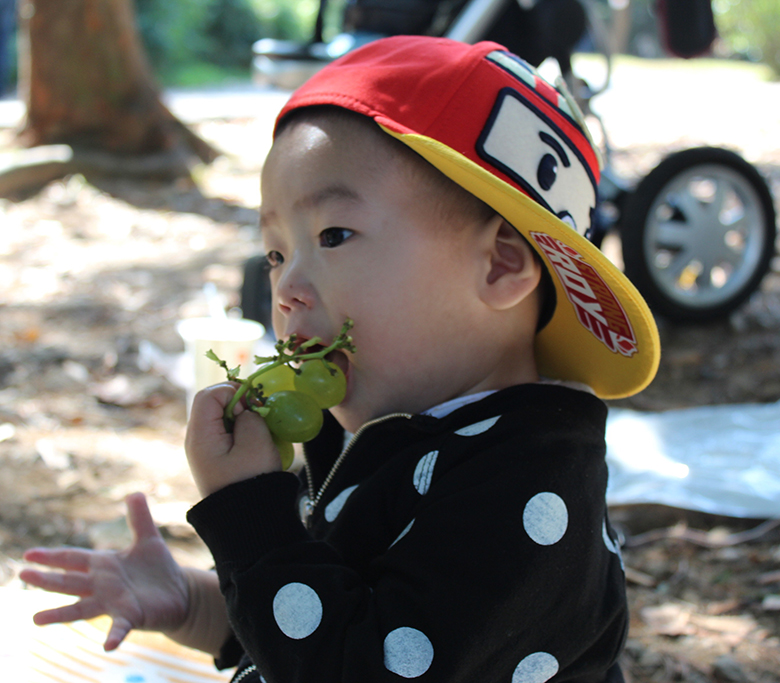
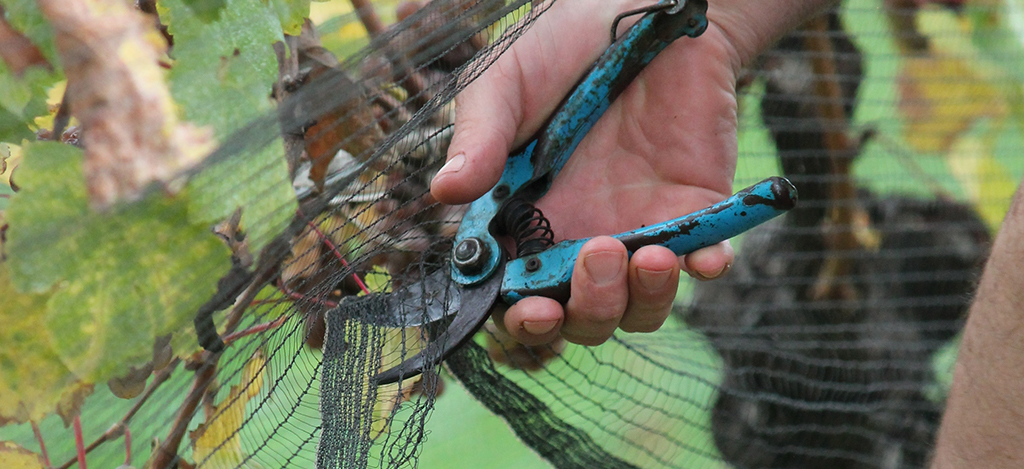
Converting to organic and biodynamic methods
To pass on a healthy environment to future generations
Wine is the result of human work
These environmental pressures were for a long time ignored by winegrowers, who focused exclusively on the economic and production “benefits” of chemical substances used both in the vineyard and the winery. This approach is based on controlling the various diseases and pests that can attack vines, and ensuring that wine production does not become contaminated, the objective being to maximise output and economic profitability. It would seem that we still have a long way to go before all consumer segments become aware of the risks of the use of chemicals on vines and in the cellar.
But more and more voices are being raised against these practices. The relationship between wine and health thus has both positive aspects (prevention of cardiovascular disease, ageing, etc.) and negative ones, with concerns that there may be pesticide residues in wines, even if Maximum Residue Limits (MRLs) have yet to be introduced.
New trends are thus emerging for “cleaner” consumption, this being illustrated by the recent rise in demand for organic products, which can be interpreted both as a desire for a guarantee that that natural production methods have been used, and also as a reflection of the shift to more environmentally based decisions that many consumers now adopting.
